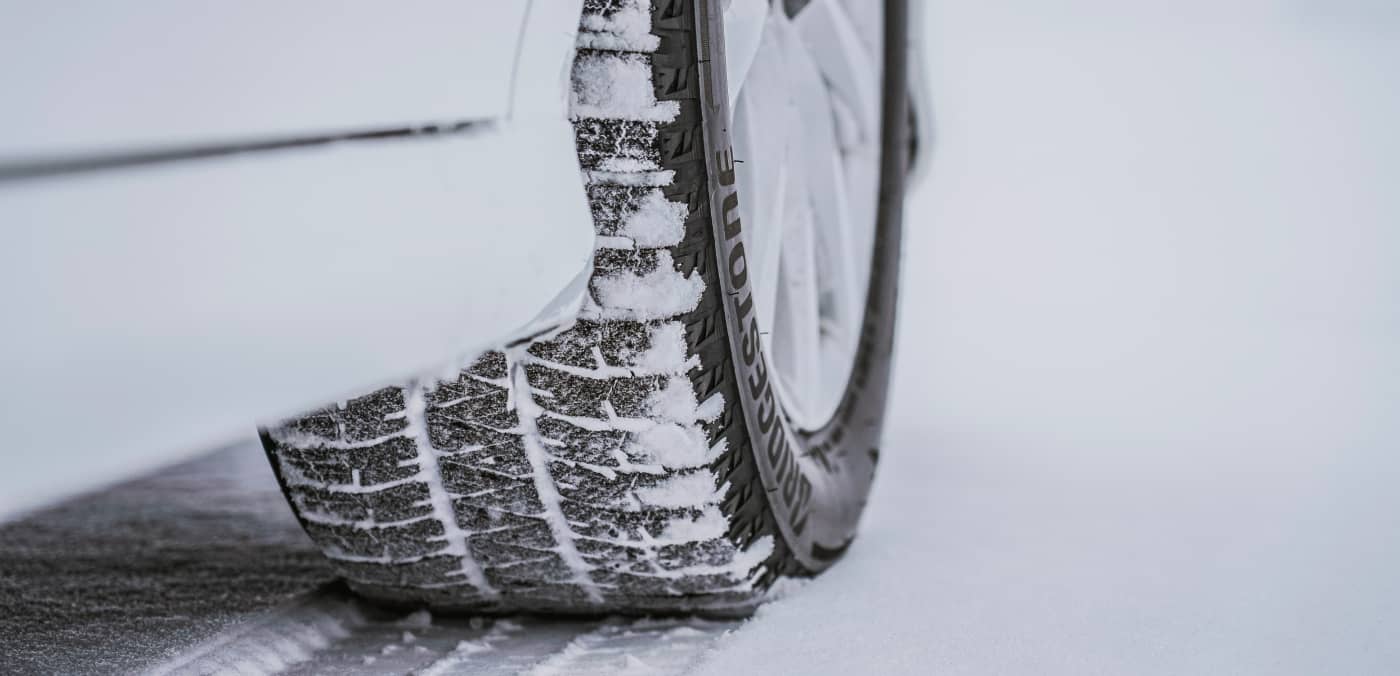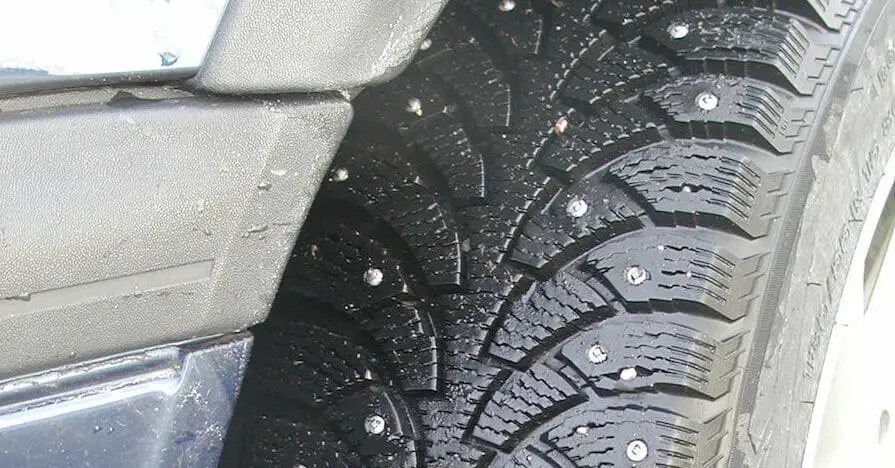How to Winterize Tires
If you live in an area with cold winters, it’s important to winterize your tires. This means making sure they are properly inflated and have enough tread to grip the road. You should also consider getting a set of winter tires that are specifically designed for traction in snow and ice.
- Check your tire pressure: Cold temperatures can cause your tires to lose pressure, so it’s important to check them regularly throughout the winter
- Invest in winter tires: Winter tires are designed to grip the road in icy and snowy conditions, so they’re a worthwhile investment if you live in an area with harsh winters
- Drive slowly and carefully: Snow and ice make roads more slippery, so it’s important to take things slow when driving in winter weather
- Don’t forget about your windshield wipers: You’ll be using your windshield wipers a lot more frequently in the winter, so make sure they’re in good condition and replaced if necessary
- Keep an emergency kit in your car: In case you get stranded on the side of the road, it’s helpful to have an emergency kit with items like blankets, food, and water

Credit: www.bridgestonetire.com
What Does Winterizing Your Vehicle Mean?
When most people think of winterizing their vehicle, they think of adding antifreeze to the radiator and engine. However, there is much more to do to prepare your vehicle for winter weather. Here are some tips:
1. Check your battery. Cold weather can be hard on batteries, so make sure yours is in good condition. If it’s more than three years old, you may want to replace it.
2. Get your tires checked. Make sure they have enough tread and that the pressure is correct. This will help you avoid accidents on icy roads.
3. Change your oil and filter. Dirty oil can cause engine problems, so it’s important to start the season with fresh oil and a new filter.4. Flush and refill your coolant system.
This will help prevent freezing and corrosion caused by old coolant.
What Happens If I Don’T Winterize My Car?
If you don’t winterize your car, a few things could happen. The first is that your battery could die. This is because the cold weather causes the battery fluid to thicken, making it harder for the battery to start the car.
Another thing that could happen is that your tires could lose pressure. This is because the cold weather makes the air inside the tires contract, causing the pressure to drop. Finally, your engine could freeze up.
This is because when water freezes, it expands. If there is any water in your engine (from condensation or from leakage), it could expand and cause damage to the engine parts.
Is Winterizing a Car Necessary?
Most people in cold weather climates know that winterizing a car is important. But why is it necessary? And what exactly does winterizing a car entail?
Winterizing a car means taking some steps to prepare it for the colder, harsher weather conditions that come with winter. This can includes things like adding antifreeze to the engine coolant, changing to thinner oil so it flows more easily in cold temperatures, and checking the battery and tires.Why is winterizing a car necessary?
Because if you don’t take these steps, your car is more likely to break down or have problems operating in the cold weather. The battery won’t work as well in freezing temperatures, for example, and oil gets thicker when it’s cold out, making it harder for the engine to turn over. By taking some simple steps to winterize your car, you can avoid these potential problems and keep your car running smoothly all winter long.
How Much Does Winterizing a Car Cost?
Assuming you are talking about the process of winterizing a car and not the cost of materials to do so, the average price to have a professional winterize your vehicle is between $60 and $100. This range depends on the make and model of your car as well as the geographical location.If you choose to do it yourself, you can expect to pay anywhere from $30 to $50 for the necessary supplies.
The biggest factor in this cost is whether or not you need to purchase antifreeze, as that can be pricey if you don’t already have some on hand.In general, taking care of your car before winter hits is always going to be cheaper than dealing with repairs down the line. So if you’re unsure about how to go about winterizing your vehicle, it’s best to consult with a professional or do some research online beforehand.
Winterize a Car – Tires
Winterize Car Undercarriage
As the temperatures start to dip, it’s important to take some extra steps to make sure your car can weather the winter. One of those steps is winterizing your car’s undercarriage.Your car’s undercarriage is exposed to a lot of elements as you drive, and in the winter those elements can take a toll.
Snow, ice, and salt can all contribute to rust and corrosion on your car’s undercarriage. So it’s important to take some extra time in the fall to clean and protect your car’s undercarriage.Here are a few tips for winterizing your car’s undercarriage:
1. Clean off any dirt, debris, or road salt that has accumulated on your car’s undercarriage during the summer and fall months. A pressure washer can be helpful for this step.2. Apply a rust-inhibiting product to help prevent rust and corrosion from setting in over the winter months.
Some products come in aerosol spray form which makes application easy. Be sure to follow the directions on whichever product you choose.3 .
Cover up any exposed areas of your car’s undercarriage with a plastic sheet or tarp before parking it for extended periods of time in cold weather (like overnight). This will help keep snow and ice off of vulnerable areas like brake lines or fuel lines . You can also buy special covers that are designed specifically for protecting a car’s undercarriage .
following these simple steps will help ensure that your car’s undercarriage survives the winter months without issue .
Conclusion
If you live in an area where it snows or gets icy in the winter, you’ll need to winterize your tires. Winterizing tires is simply a matter of getting them ready for the colder, harsher conditions. Here are some tips on how to winterize tires:
1. Get your tires professionally inspected and serviced before winter starts. This will ensure that they’re in good condition and properly inflated.2. If possible, switch to snow tires or all-weather tires for the winter months.
These tyres are designed to grip better in cold weather and on snowy roads.3. Always keep your gas tank at least half full during the winter so you don’t run the risk of running out of fuel and getting stranded somewhere cold!4. Check your tire pressure regularly during the winter months.
Cold weather can cause tire pressure to drop, so it’s important to keep an eye on it.5 .De-ice your windshield and windows before driving anywhere in the snow or ice.
Make sure you can see clearly out of all sides of your vehicle!


